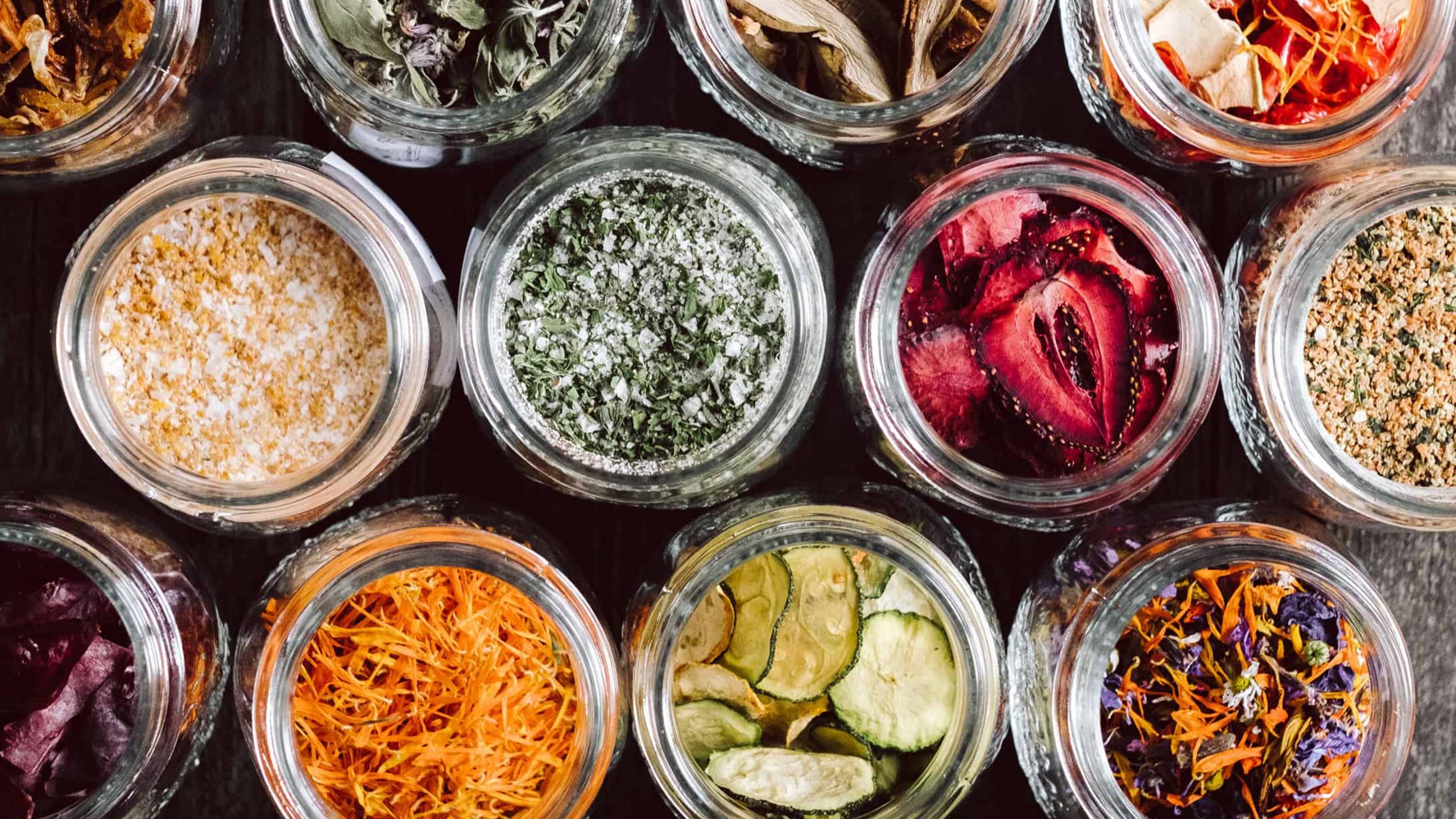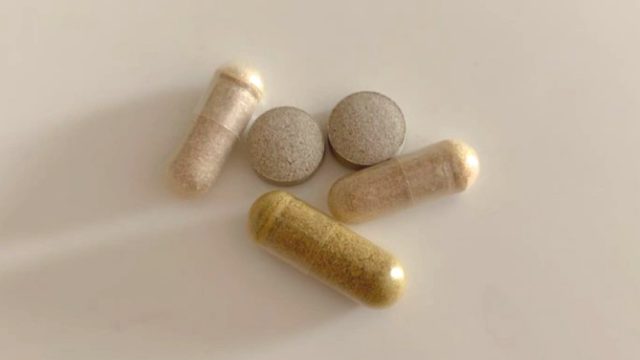RESPIN Your Diets in the Name of Women’s Health
Here's How, According to a Registered Dietician Nutritionist

“What’s at the tip of your fork matters for your health,” asserts Maya Feller, MS, ND, CDN, a Brooklyn-based, registered dietician nutritionist and the author of The Southern Comfort Food Diabetes Cookbook. She wants you to know that food is information, noting that the food we put into our bodies informs the different phases of our lives as women — from puberty to pregnancy to nursing and menopause. In the name of women’s health, we can’t think of a more fitting expert to share wisdom on nourishing ourselves as women, with nutrition as a foundation of our wellness efforts.
The NYU-educated nutritional expert specializes in working with patients on modifying their diets to help manage disease and health outcomes. Early in her career, she cultivated a unique understanding of the intersectionality inherent in access to nutrition, which negatively impacts the health outcomes of the underserved population in a statistically verifiable way. Her unique understanding of this elusive political matter impacting the population’s access to whole, unprocessed foods — thereby impacting longitudinal health outcomes and public health — is infused with social justice and informs her wellness philosophy. We find her inherently compassionate approach to nutrition, with a reverence for its transformative potential, to be commendable.
The special perspective that her professional background affords us inspires a state of deep gratitude that we encourage you to cultivate while cooking and enjoying your meals. Access to nutrition might not be a popular topic in conversation, but it is valuable nonetheless; let it inspire reverence for the foods with which we replenish, revitalize, and heal our bodies. Our belief that mindset matters is at the heart of one of our pillars: Nourish.
Feller teaches that nourishment — beginning with your body but also impacting your mind and spirit — begins with re-spinning your diet to incorporate whole foods and avoiding processed foods whenever possible. Processed foods contain added sugars, salts, fats, and carbohydrates that can disrupt your body’s state of homeostasis. When this happens, inflammation occurs, which is linked to many chronic illnesses. Plus, she points out that research shows that foods with fewer additives promote the biodiversity of our gut microbiome, while more processed foods reduce it.
Even if you are in good physical health, there are still ways to clean up your diet—and Feller can help on this journey. Below, she shares her top five foods for women’s health to re-spin your diets in the name of wellness for all women.
FISH:
Feller is a fan of fish and seafood because they are rich in omega-3 fatty acids, like EPA and DHA, which our body cannot make itself and must be incorporated into our diets. She recommends shopping for fatty (e.g., salmon, trout, tuna) or mini fish (e.g., anchovies, sardines, herring) and emphasizes the importance of shopping for responsibly and sustainably sourced seafood. This means looking for an ASC or MSC label in terms of certifications.
She adds that Omega-3s are fantastic for reducing the risk of cardiovascular disease — the leading cause of death for women in the United States — while lowering systemic inflammation. If you are plant-based or don’t eat seafood, Feller is wild about kelp.
BERRIES:
Berries make the list because of their sources of phytochemicals and antioxidants, which help to reduce oxidative stress (from pollution, processed foods, toxins, obesity, smoking, and more) and, thereby, inflammation. They are also a fantastic source of fiber while remaining on the lower end of the scale in terms of sugar concentration, as far as fruits go. Fiber is also important because it helps to mitigate spikes in blood sugar while also serving as a source of prebiotics that nourish the probiotics (i.e., beneficial bacteria) that make up our gut’s microbiota.
NUTS:
“I haven’t met a nut I don’t love,” Feller says. Depending on the nut you choose, you are getting a source of prebiotics, fiber, plant-based omega-3, plant-based protein, and heart-healthy fats. In the case of walnuts, you’re getting a full day’s serving of vitamin E. Pistachios, on the other hand, relay the highest plant-based protein in the “nut kingdom” (that’s not a real term). Another of her favorites is almonds.
BEANS & LEAFY GREENS:
Again, highlighting her love of fiber, beans, and leafy greens, both provide an important function on blood sugar by slowing down the absorption rate of carbohydrates (which are broken down into sugar). Regulating your blood sugar is important because spikes increase the pancreas’ insulin production. When your body has high insulin levels, this can cause insulin resistance and prevent your body from efficiently delivering the sugars from your food sources to your cells.
Beyond being a source of fiber, beans also provide the body with vitamins and minerals. Fresh beans are ideal, but if you buy canned versions, Feller recommends you select low-sodium options or rinse the contents twice before cooking or serving.
She is also a major fan of leafy greens, which she recommends as an alternative (or addition) for anyone who doesn’t like beans. Feller adds that they are hydrating and possess phytonutrients, antioxidants, vitamins, and minerals, along with a heaping dose of fiber.
EGGS:
Last but not least, eggs—which Feller goes through rapidly in her household—are called the perfect little “nutrient powerhouses” to incorporate into your diet because they are inexpensive yet filled with beneficial components. The proteins, vitamin D, vitamin A, choline, and B vitamins they contain boost your overall health and immune systems. If you’re worried about eating too many eggs, she adds that research indicates one egg per day should be fine.
FOOD as MEDICINE:
We are big believers in the old adage that ‘food is medicine.’ Gut health is the source of everything from immunity to inflammation (and the expression of chronic illnesses) to the appearance of our skin. As women, one of the most empowering things we can do is to become intentional about what we put into our bodies to awaken our most vital health. Using Feller’s tips, you can rē-spin the way you look at food to nourish yourself with the most potent ingredients possible to awaken your true potential.



